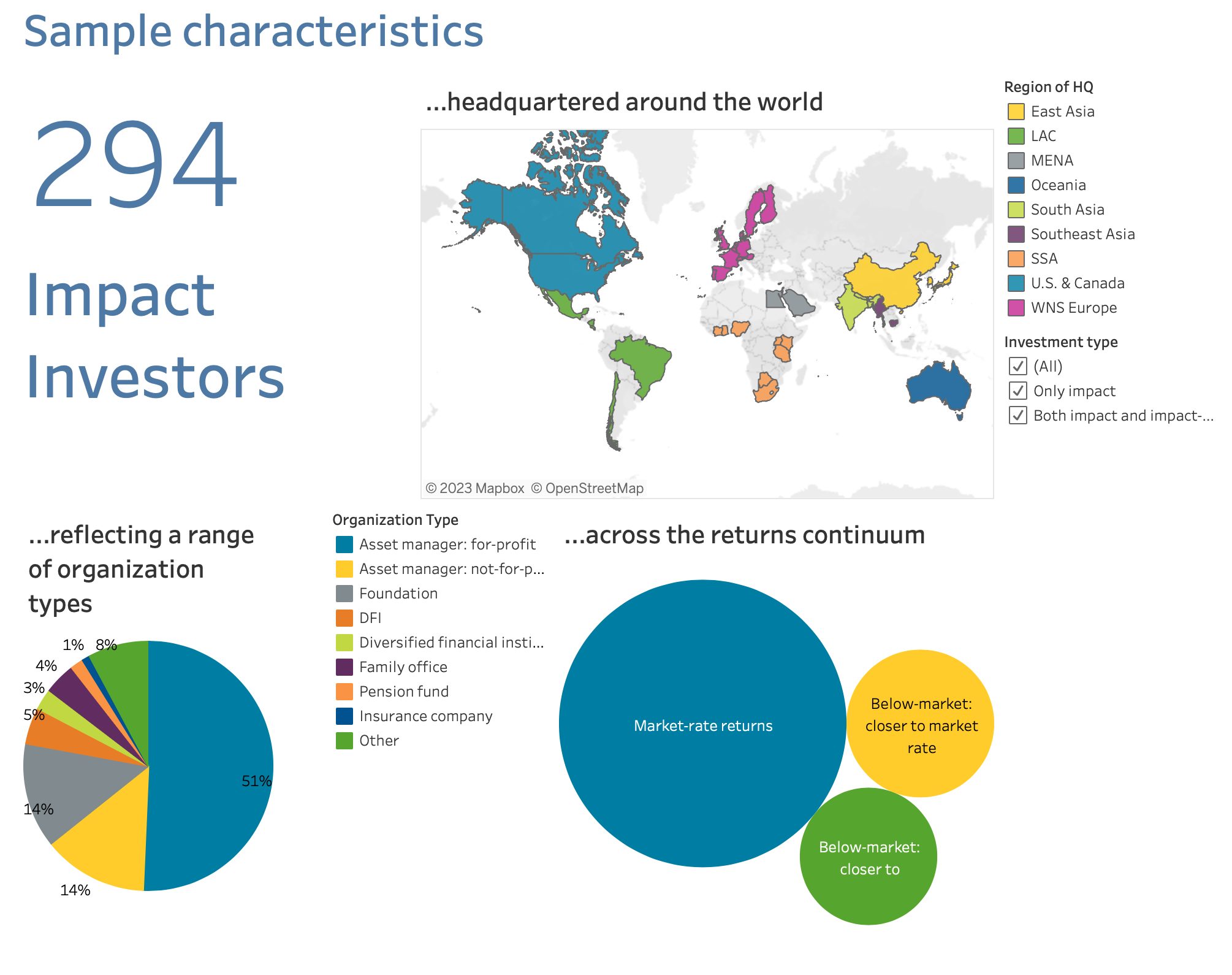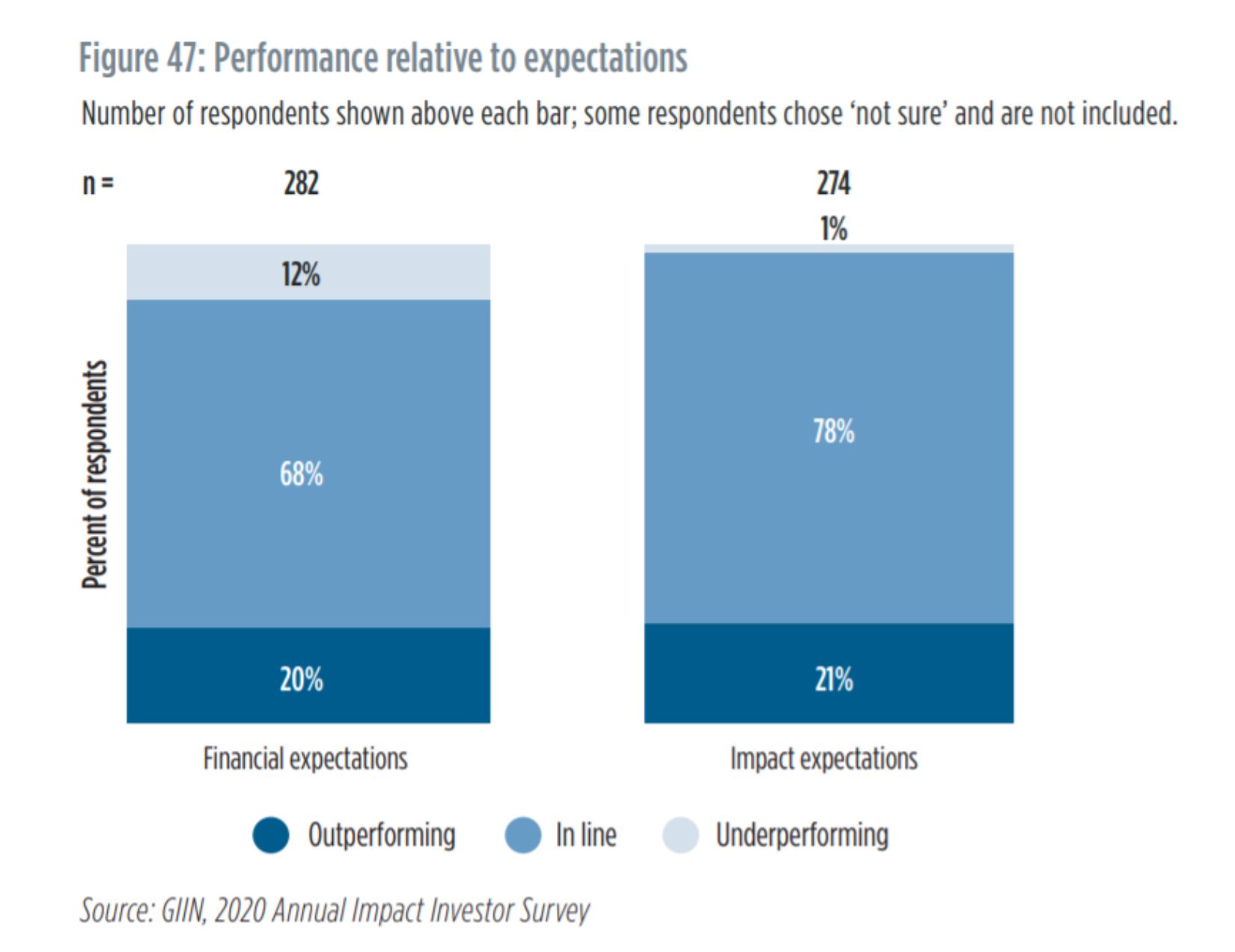A significant market trend is the surge in impact investing among millennials. It is notable that millennials opt for impact investing as it resonates with their fundamental values and supports societal and environmental advancement. Furthermore, millennials are actively adopting alternative impact investing approaches, including participation in crowdfunding platforms, which enable individuals to invest in social enterprises and impact funds. Consequently, these elements are anticipated to be catalysts for the expansion of the impact investing market in the projected period.
A notable hurdle impeding market expansion is the limited comprehension of impact investing among both investors and the wider public. This can be attributed to a more widespread familiarity with traditional investment avenues like stocks, bonds, and mutual funds, which tend to emphasize financial returns rather than positive social and environmental effects. Additionally, the relatively low profile of impact funds dedicated to initiatives like renewable energy, sustainable agriculture, and affordable housing means that investors may not have the opportunity to invest in these projects, ultimately obstructing the progression towards a sustainable future.
Venture capital (VC) is a potent force in the world of finance, and particularly in impact investing. It is the business of reallocating underutilised capital to novel, unproven, and untested business ideas. Given that these ventures are often startups, the risk is inherently higher, but so too is the potential for substantial returns. It’s crucial to note that within the realm of venture capital, there are funds dedicated to startups that have already navigated their initial cycles of growth and maturity. This distinction offers investors a spectrum of opportunities, with varying levels of risk. This process primarily occurs in sectors of the economy where there is a great potential to drive technological change, progress, and value, as dictated by market forces. But how does VC contribute to making a positive impact on society? Let’s delve deeper:
- Boosting Productivity: At its core, venture capital is about allocating resources to innovative startups with the potential to transform industries. By injecting capital into these companies, VCs foster technological advancements, create job opportunities, and generate returns for both investors and the economy as a whole. This leads to increased productivity, contributing to economic growth and prosperity.
- Better, more affordable Products: Startups backed by venture capital often leverage new technologies to provide better, more affordable products and services. These innovations meet the needs of society more efficiently, resulting in higher disposable income and an improved quality of life for individuals. For instance, challenger banks like the UK’s Pockit have harnessed technology to reduce the cost of financial services, making them accessible to a wider audience.
- Preventing Market Monopolies: VCs play a crucial role in promoting competition and preventing monopolies. In industries with high barriers to entry, such as financial services or utilities, venture capital-backed startups disrupt traditional players, forcing them to improve services and treat customers more fairly. This ensures a fairer, more transparent marketplace and protects consumers from market abuses.
- Enhancing Market Resilience: A diverse array of startups strengthens market resilience by reducing the risk associated with market shocks. Startups continually introduce new ideas and solutions, making industries more adaptable to change. This diversity of approaches and solutions is a significant contribution of the VC industry.
- Empowering Individuals: Startups empower individuals by creating opportunities for them to contribute their talents and ideas. The decentralised structure of startups encourages innovation, fostering an environment where individuals can harness their creativity and hard work to solve problems and create value.
- Increasing Innovation: Innovation disrupts existing markets, challenges outdated practices, and introduces more efficient and effective methods across various industries. This dynamic force not only fosters economic growth but also drives positive societal and environmental changes. By supporting innovative startups, venture capital actively fuels this process of positive transformation, reinforcing its role as a catalyst for impactful change.
United Advisers Group, a specialised financial advisory firm, recognises the growing interest in venture capital among its clients. More and more clients are venturing into the world of startups, recognising the potential for both financial returns and positive societal impact. By investing in innovative startups, clients are not only aiming for financial growth but also actively participating in initiatives that drive technological advancements, create jobs, and improve the quality of life for communities.
While impact investing rightfully receives praise for channeling funds into deserving projects, it’s important to acknowledge the pivotal role venture capital plays in making a positive impact on society. Startups, supported by venture capital, drive innovation, foster competition, and empower individuals. While these companies can offer the potential for high returns, they also come with a much higher risk of failure. United Advisers Group (UAG) stands as a testament to the growing importance of venture capital in the financial landscape, where clients are increasingly recognising the potential for creating positive change alongside financial growth. UAG is opening doors for all clients to invest in VC at substantially reduced rates, a privilege once limited to professional or high-net-worth individuals. As we navigate the evolving world of finance, let us remember that impact can take many forms, and venture capital is a key player in this realm, shaping a brighter future for all.






